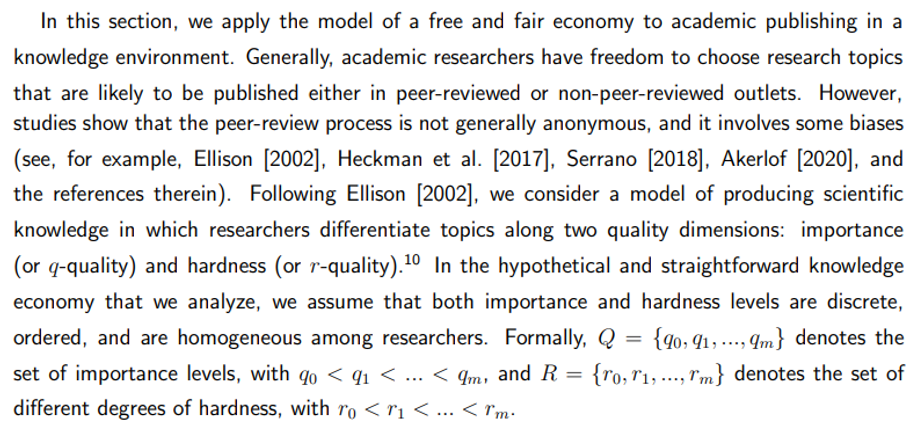FTX withdraws proposal to forfeit $800M in customer claims
FTX has dropped its controversial plan to classify nearly $800 million in customer claims across 49 countries as “restricted” and potentially subject to forfeiture, marking a major victory for international creditors of the collapsed crypto exchange.
The FTX Recovery Trust filed a formal notice of withdrawal with the Delaware bankruptcy court, reversing a proposal that had sparked strong opposition from creditor groups, particularly in China, which accounted for the majority of the affected claims.
FTX changes its plan for bankruptcy after pressure from international creditors
FTX initially requested a U.S. court to approve a “Restricted Jurisdiction Procedure” to determine the countries where local laws and government restrictions make it difficult to compensate users. The company aimed to simplify the repayment process, but instead, customers became angry when they discovered they would lose everything simply because of their location.
The plan was to hire lawyers in each of the 49 countries to check if the repayment process was legal. Users in these regions would automatically lose their repayment right if the lawyer found out that the process broke local laws, and their money would be distributed among other creditors.
International customers said the plan was unfair and discriminatory because users had already suffered big losses and should not be punished further just because of legal or political issues in their countries.
Weiwei Ji, an investor based in Singapore, led 300 Chinese claimants and filed an official objection in a Delaware bankruptcy court. He said FTX had no solid reason to include China in the list of restricted countries and that if the court approved the plan, other big companies would start denying customers payments simply based on geography.
FTX withdrew the motion after facing a lot of backlash, and many creditors are happy because customers will now get the money they deserve.
Creditors welcome the reversal of bankruptcy as FTX focuses on repayment and appeal
Many customers were pleased and said it felt like FTX was finally addressing their concerns. It also showed that the company wants to reduce new legal fights because if their plea was approved, customers would rise up again to fight it in court.
Similarly, many creditors said they felt left out because most of the discussions and court actions took place in the United States, but after FTX reversed its plan, they now feel included. They also hope this step will speed up future decisions about how much money they can collect from the remaining assets.
The founder of FTX, Sam Bankman-Fried, will attend his appeal hearing in New York to challenge his conviction for fraud. He continues to defend himself and says FTX and its trading firm, Alameda Research, were not insolvent when the company collapsed in 2022. The founder explains that his company had more than enough assets to survive the crisis, but bankruptcy lawyers exaggerated its financial problems and shut down the firm too quickly.
The lawyers also sold valuable assets for far less than they were worth, and this made the situation that FTX was in look worse than it really was. Some of Bankman-Fried’s supporters say poor management was the reason the company collapsed in the first place, but legal experts and former employees disagree. They say billions of dollars in customer funds went missing, and records showed large amounts of money had been transferred to Alameda.
Get seen where it counts. Advertise in Cryptopolitan Research and reach crypto’s sharpest investors and builders.
You May Also Like

The Best Crypto Presale in 2025? Solana and ADA Struggle, but Lyno AI Surges With Growing Momentum

Fed rate decision September 2025
